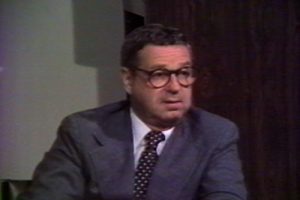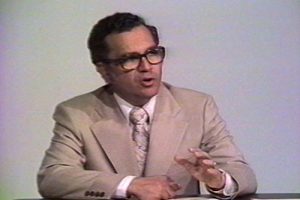205: Conducting Direct Examination of Witnesses
Highlights:
Part I:
Kelsey-Hayes and the UAW have formed a joint partnership to help troubled employees.
Traditional progressive discipline does not cure the root of the problem causing infractions.
The program involves a Center for Counseling and Guidance which functions much like a medical department.
The theory behind Union-Management substance abuse programs is the common goal of helping the troubled employee.
Part II:
To be effective, rules should not be drafted restrictively. For example, “possession of marijuana” is better than “smoking marijuana”.
Evidence to support a charge of drunkenness can be based upon Management’s observations of impairment, odor, etc.
An employee who reports for work and is sent home for being under the influence results in an unexcused absence.
Drinking on premises is most serious, but is frequently burdened by evidentiary problems.
Being intoxicated or “high” on drugs is frequently viewed as serious a matter as bringing firearms into the plant.
| Format | Two lectures |
|---|---|
| Length | 59 Minutes |
| Management’s View | William Saxton, Esq., Butzel, Long, Gust, Klein & Van Zile, P.C. |
| Labor’s View | Theodore Sachs, Esq., Sachs, Nunn, Kates, Kadushin, O’Hare, et al, P.C. |

